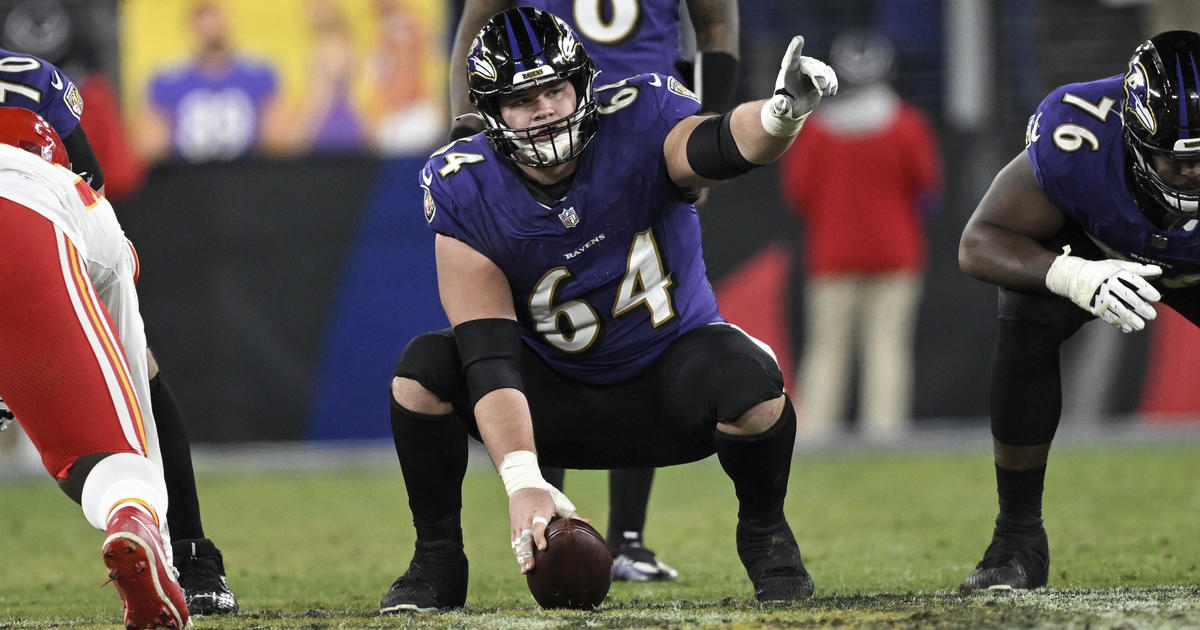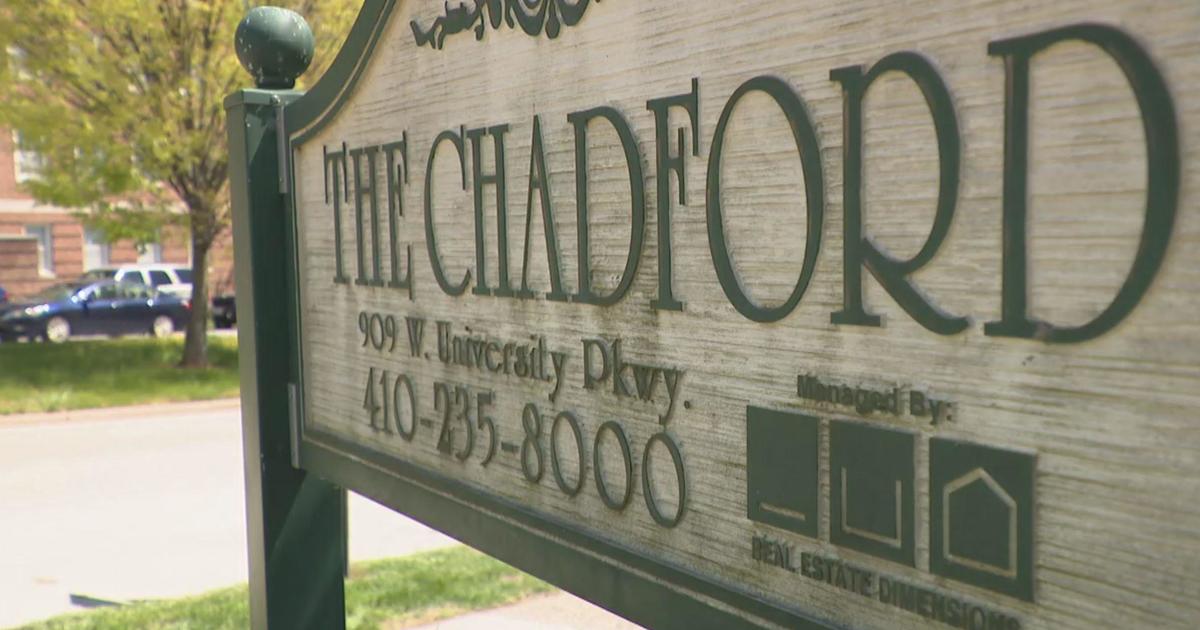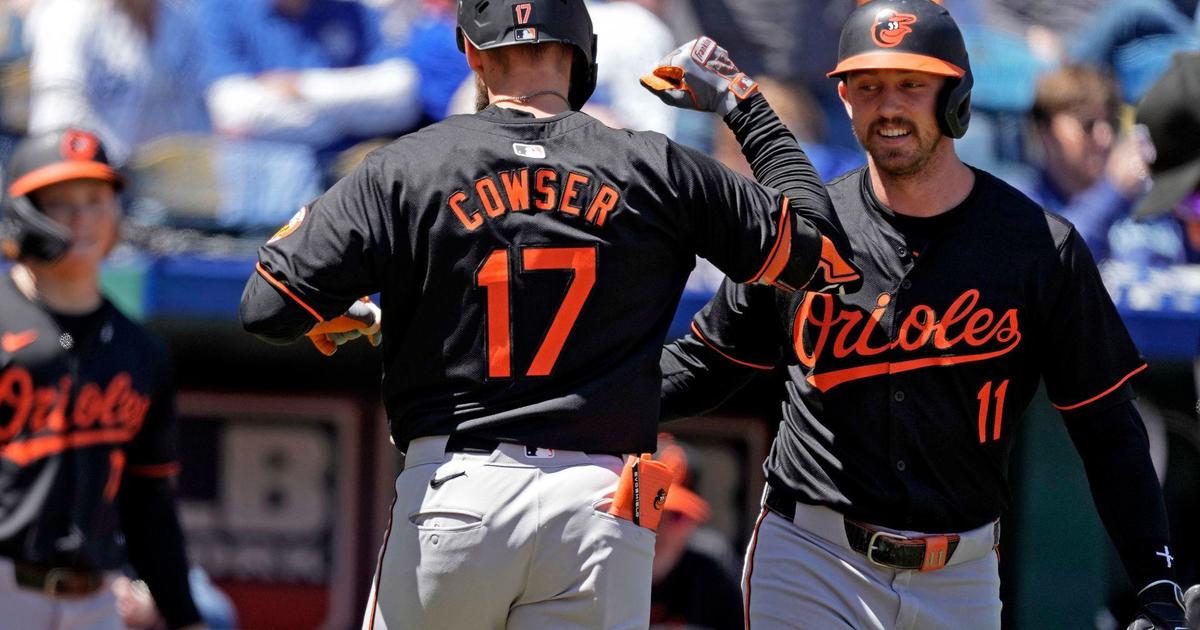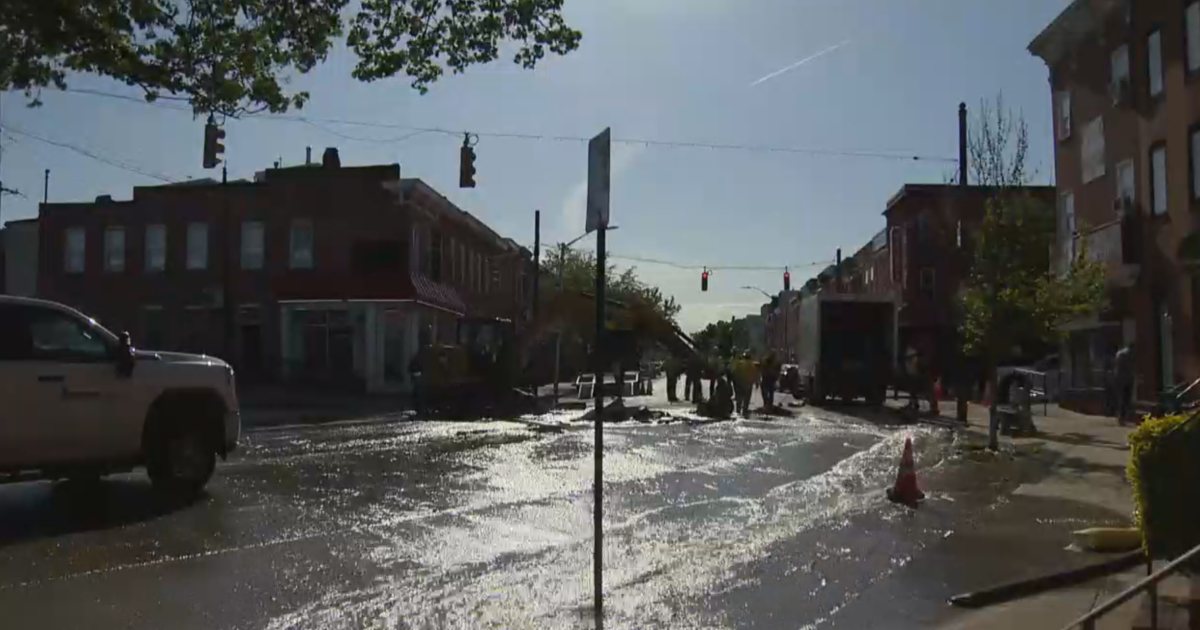Black Baseball Players Seek Own Eastern Shore Hall Of Fame
By JEREMY COX
The Daily Times of Salisbury
SALISBURY, Md. (AP) -- In the days before their knees gave way to metal joints, before the infield clay and their youthful frames had each gone to seed, Oaksville Eagles players would have to chase hard-hit balls into the woods.
Instead of searching the dense brush for the freshly hit ball, an outfielder only had to grab a previously hidden one and whip it back onto the field. So goes the legend of Oaksville's variation on the hidden-ball trick.
Longtime player and team historian Kirkland Hall wants to put that story to rest.
"No!" he loudly proclaimed when told of the decades-old rumors. "We just had enough balls to get through the game. If it got wet, we dried it."
But he wants to spread the story of the Eagles -- and of African-American baseball on the Eastern Shore -- as widely as he can. So after years of carefully restoring the team's home field in the community of Oaksville, four miles east of Princess Anne, Hall and other former players are embarking on a campaign to promote that history.
Sunday marked its Opening Day. About two dozen former players and their families gathered for a reunion at the old field. Over hot dogs, hamburgers and other ballpark favorites, they reminisced about their playing days and discussed ways to preserve those memories.
Proposals include creating a booklet on the history of local black teams and setting up a nonprofit group to organize and maintain a hall of fame.
Although several black players are enshrined at the Salisbury-based Eastern Shore Baseball Hall of Fame, Hall said no one place tells the story of African-Americans' baseball experience on the Shore.
"We all recognize the greatness we could have made," said Howard Smack, who pitched for the Bridgeville Comets and Laurel Indians. "For us, it was family, work and baseball. What I like down here (in Oaksville) is they kept it alive. They still have a ballpark. The kids around here can say, `This is where my uncle played.' "
Black baseball on the Shore straddled the Jim Crow and post-Jim Crow eras. Even the smallest of towns had teams. Formed in 1910, the Eagles played white and black teams across the region with names such as the Accomack Tides, Berlin Eagles, Galesville Hotsocks and Sussex Chicks.
Frequently, the schedule was decided simply by calling the head of an opposing team and seeing if they had any free Sundays. If they came as far as Delaware to play the Eagles, the visitors often would assemble a team of all-stars just to have a chance at victory. The team once ran off a 48-game winning streak.
"They were good ballplayers," recalled Clem Jordan, who played for the Selbyville Hawks in the 1970s. "We heard about them from different people, and they had a good team and we wanted to be part of that."
Hall's brother and teammate, Kim, was drafted by the Baltimore Orioles in 1971, but his dreams of making the big club were dashed by a broken ankle. Both brothers are in the Eastern Shore Baseball Hall of Fame Museum.
What further distinguished the Eagles was they owned their field. The historic marker along Perryhawkin Road describes it as "one of the few surviving African-American sandlot baseball fields."
Hall, nicknamed "Scrap Iron" because of his toughness, played several infield positions for the team until it folded in 1978. The era of small-town adult baseball was coming to a close, and interest in the sport among young African-Americans was slipping into a decades-long slide.
Hall said he would like the new group to help collect historical items such as photographs, newspaper articles and uniforms. He also would like to raise enough money to launch a college scholarship fund for black students.
"We feel we've lost the history," he said.
Funded almost exclusively by community contributions, Hall and other former players worked to restore their old field to its former glory from 2008 to 2010. Today, it's owned by the Oaksville Community Club and is the setting for birthday parties, wedding receptions and other events.
A chain-link fence now arcs its way around the outfield, separating the players from the woods beyond.
There is no longer a need to hide baseballs, if there ever was one.
(Copyright 2015 by The Associated Press. All Rights Reserved.)



